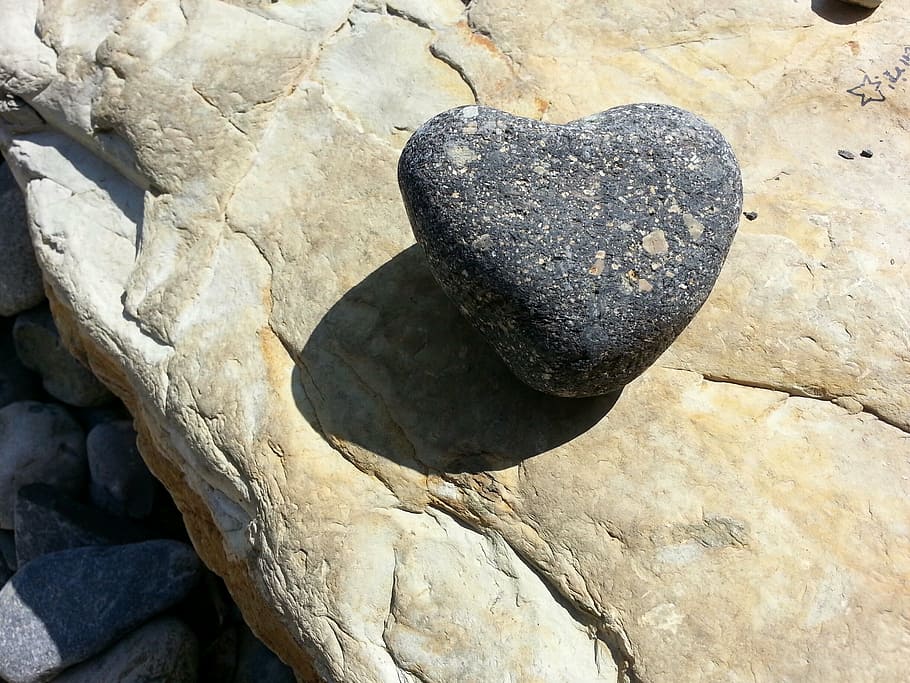When we talk about critical illness recovery, we often speak about physical debility, fatigue, anxiety, depression and even anger. But less often do we name another very common experience and emotion - grief. After all, you just survived a critical illness, why would you be grieving? Shouldn't you be thankful, happy even? That may how the outside world interprets your experience, but for you thankfulness and happiness during this time may be very elusive emotions.
To navigate through grief during your recovery, it helps to better understand grief on a different level. In fact, it can be grief that ultimately underlies many of the other emotions one may experience during recovery from critical illness.
After critical illness, there are many things people find themselves grieving. The loss of vitally important things like your health, job, financial security, roles within social circles and the family unit are just a few that can be named. These aren't traditional types of losses like death that most people associate with grief, but they are impactful losses nonetheless.
Grief that is associated with something other than death can be referred to disenfranchised grief. The kind of loss that leads to this type of grief often cannot be fully recognized. Because of this many people who are experiencing disenfranchised grief commonly do not have the traditional support offered to them that their "normally" grieving counterparts do.
So how does one best handle disenfranchised grief? One way to start is by identifying your loss. Call this what it is. If during your recovery from critical illness, you are experiencing loss of your health, job, financial security, social/family roles, relationships, etc. recognize that these are real losses. It's not just mere circumstance of your situation that things aren't the way they were before, but rather this is real, actual loss that you are experiencing.
Experiencing grief through loss during your critical illness recovery is a normal and healthy part of the recovery process
Second, work on accurately identifying your feelings surrounding your loss. It is very normal and expected for one to experience grief through loss. So experiencing grief through loss during your critical illness recovery is a normal and healthy part of the recovery process. Accepting this and letting this grief naturally evolve is a gift you can give your healing self.
Finally, some people may find symbolic actions or rituals to be helpful when processing disenfranchised loss. The following is an example of a symbolic action to manage this type of grief.
Think of the painful loss you are experiencing due to your critical illness. Often these losses follow you for longer than you would wish to imagine they would, and over time the burden can become a very heavy weight to bear. Choose a phrase that summarizes your heaviest loss. Maybe it's your former job or a lost relationship. Write that phrase on a heavy stone. Take that stone and physically move it to a place far from where you are. This act symbolizes removing this heavy weight, this heavy burden of loss away from you.
Grief is a natural and expected part of recovering from critical illness. Allowing yourself to experience this as it is, will ultimately enhance your overall recovery. Connecting with others who have gone through such healing can also be an important part of this process. Make sure to check out our online support group to meet others recovering from critical illness: Intensive Care Support Group
 Connect
Connect

 Connect
Connect
Good information
-
 Like
Like -
 Helpful
Helpful -
 Hug
Hug
2 ReactionsThis is so welcome information. My husband has just found to have GBM4
And 3days he had a ruptured colon and had surgery and now has a colostomy.
He had to go to a rehab and such depression and weakness and cognitive ability. No one address what he was going through with the grief.
Thank you to understanding better.
-
 Like
Like -
 Helpful
Helpful -
 Hug
Hug
2 ReactionsWelcome to Mayo Clinic Connect, @helenarus. May I ask how you found us? What is your experience with critical illness?
Hi @sue20, you and your husband surely have a rough row to hoe. It is so important to acknowledge the grief of what is lost - for both of you and your family.
I want to also let you know that we have a group and blog dedicated to Ostomy.
- Ostomy Support Group https://connect.mayoclinic.org/group/ostomy/ Here you can connect with other patients and caregivers who talk about living with an ostomy.
- Living with an Ostomy blog https://connect.mayoclinic.org/page/living-with-an-ostomy/ @candywocrn wound and ostomy nurse specialist @candywocrn write this blog about all things ostomy
I see you've already post to the Brain Tumor group. I'll meet you there and connect you with others.